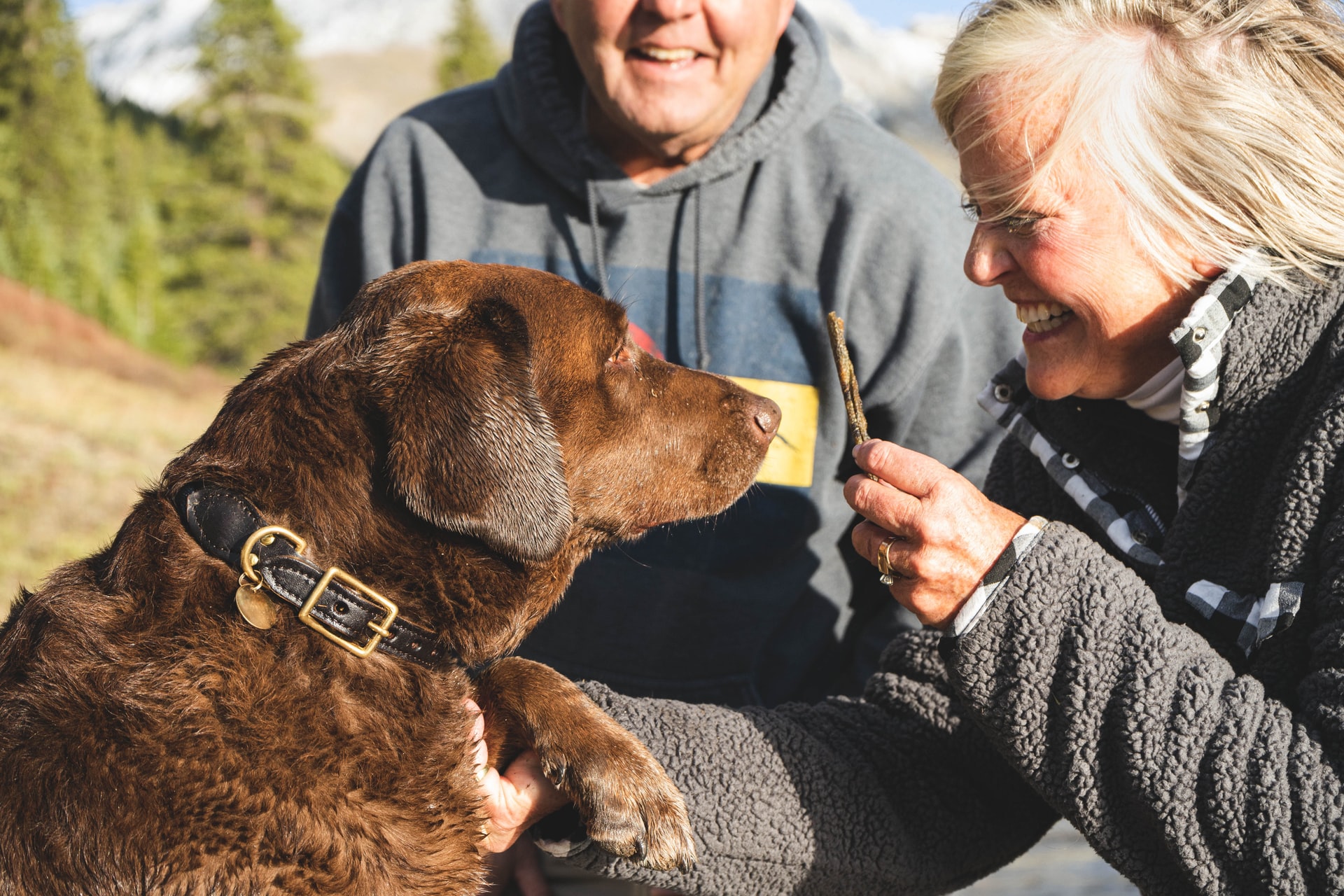
18 Dec Treating Squamous Cell Carcinoma in a Dogs Mouth
Oral Neoplasia (cancer) accounts for 6% of all tumors in the dog. Squamous cell carcinoma (SCC) is the most common oral tumor seen in cats and the second most common oral tumor seen in dogs. Clinical signs of oral cancer may include facial swelling, oral bleeding, mobile teeth, weight loss, and oral pain. However, it is important to remember that all of these clinical signs can occur with severe periodontal disease and routine oral care is vital to ensure the mouth remains healthy.
Diagnosing Squamous Cell Carcinoma in Dogs
Dogs of all ages may be affected by SCC, but the risk increases with age. It often presents as a pink or red, ulcerated mass that bleeds easily. Squamous cell carcinoma is commonly mistaken for periodontal disease early in the growth of the tumor. It is locally invasive and tends to invade bone rapidly.
A papillary variant can occur in dogs of all ages, but it is not uncommon to see it in young dogs. Diagnosis is achieved through a combination of an anesthetized oral exam, dental imaging, and biopsy. Advanced dental imaging such as cone-beam CT or conventional CT is strongly encouraged and warranted for appropriate surgical planning. Additionally, it is recommended that biopsy samples are submitted to a histopathologist that specializes in oral diseases.
Prognosis of Squamous Cell Carcinoma in Dogs Mouth
The prognosis for squamous cell carcinoma in a dog’s mouth depends on the size, location, and variant of the tumor. Oral squamous cell carcinoma of the tonsils and base of the tongue is highly metastatic and often has a poor prognosis. Whereas, squamous cell carcinoma farther forward in the oral cavity may have a good prognosis.
Evaluation of the lymph nodes of the head and neck should be completed as part of the diagnostic work-up. Thoracic radiographs, conventional CT scanning, and ultrasonography may also be recommended.
Treating SCC in Dogs
Surgical excision is the treatment of choice for non-tonsillar squamous cell carcinoma. Local/regional control is of the utmost importance. Radiation therapy can be combined with surgery or used as the sole palliative treatment if surgery is not an option. Squamous cell carcinoma is typically poorly responsive to chemotherapy.
The one-year survival rate for dogs with mandibular surgical excision is 80-91 percent with a mean survival time of 9-28 months.
When is Treatment a Good Option?
It should be stressed that all treatment options for dogs with squamous cell carcinoma are performed only with the pet’s best interests in mind. Surgery, radiation therapy and even chemotherapy are very different for pets when compared to humans experiencing the same cancer treatments.
Veterinarians never perform treatments that may seem worse than the disease. It is never acceptable for cancer treatments to result in a sick pet where they feel worse than the disease we are treating and trying to cure. While humans can understand the side effects and suffering associated with cancer therapy, a pet simply cannot. So, we never choose surgeries or medications that will result in making the pet feel worse than they did before the treatment.
Veterinary Oral Surgeon in Colorado Springs
Daily oral home care by the owner and routine evaluations by the primary care veterinarian can help determine if oral changes are present. At Animal Dental Care and Oral Surgery in Colorado Springs, we believe that every pet is entitled to a pain-free and comfortable mouth. Please reach out to us with any oral health concerns for your pet.
Photo by Chewy on Unsplash (12/18/2020)

